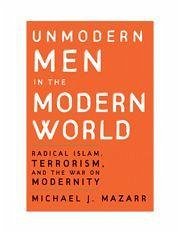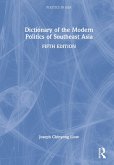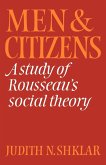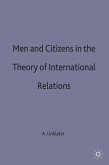Five years after September 11, a sense of malaise and uncertainty surrounds the so-called war on terror. This volume offers a bold, fresh rethinking of the central challenge in that conflict: the rise of radical Islamism. The book argues that this movement represents the latest in a series of anti-modern political and philosophical rebellions: in its causes, the shape of its ideology, and its social consequences, the movement shares much in common with German fascism, Russian revolutionary doctrines, and Japanese imperialist nationalism. In making these comparisons, the book builds a model of how anti-modern movements arise and suggests broader truths about the changing character of world politics and the psychological basis of national security in a globalized world. It concludes with a critique of the war on terror as currently pursued and a wide-ranging proposal for a strikingly different approach to the challenge of this latest challenge to modernity.
Hinweis: Dieser Artikel kann nur an eine deutsche Lieferadresse ausgeliefert werden.
Hinweis: Dieser Artikel kann nur an eine deutsche Lieferadresse ausgeliefert werden.








